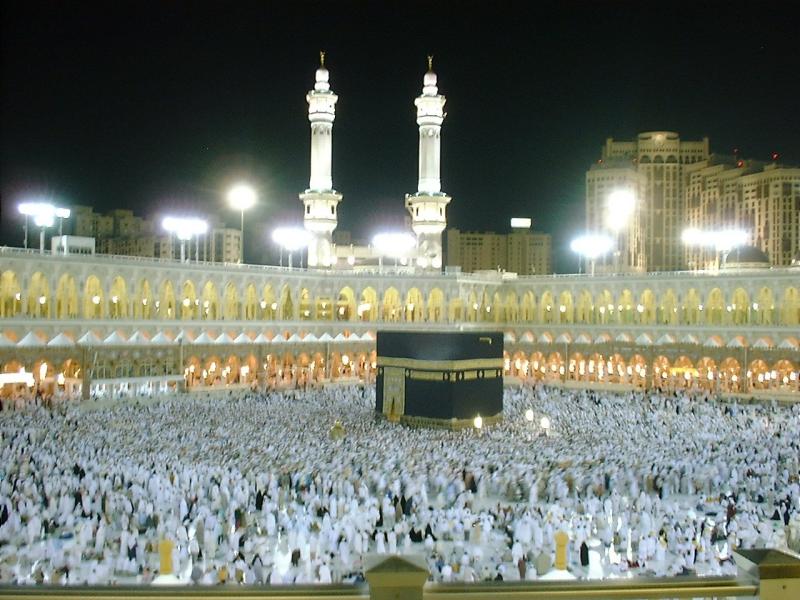Zul-hijjah
Zulhijjah is the 12th and final month of the Islamic year. The month of Zulhijjah is the last month in the Islamic calendar. Literally it means “The month of Hajj”. Obviously the name of this month indicates that the great annual worship of “Hajj” is performed in this month. For this reason it has a peculiar significance compared to other months during the year. Some specific merits and rules relevant to this month are:
First ten days
The first ten days of Zulhijjah are among the most magnificent days in the Islamic calendar. The holy Prophet (Peace be upon him) has said, “One fast during these days is equal to the fasting of one complete year, and the worship of one night during these nights is equal to the worship in the ‘Laylatul-Qadr’.” Every Muslim should take full advantage of this opportunity by offering as much worship to Allah as he or she can.
The fasts of the day of ‘Arafah’
For those who are not performing Hajj, it is desirable to fast on this day according to their own calendar. It sometimes occurs that the date of the 9th of Zulhijjah falls on different days in different countries, according to the sighting of the moon. In such cases, Muslims of each country should observe the day of Arafah according to the lunar dates of their own country. The fast of the day of Arafah has been emphasized by the holy Prophet (peace be upon him) as a desirable act. Hazarat Aboo Qataadah (R.A) narrates that the Prophet (peace be upon him) was asked about the fast on the first day of Arafah. He replied “It compensates for the minor sins and the coming year”
10th of Zulhijjah (Eid ul Adha)
The 10th day of this month is known as Eid ul Adha, which literally means the festival of sacrifice (Qurbanee). As with Eid ul Fitr, Eid ul Adha is a thanks giving day. Eid marks the completion of Hajj to Makkah. Muslims at home congregate on the morning of Eid and offer Eid Salaat, whilst pilgrims at Hajj continue to execute the Hajj rites. Both pilgrims at Hajj and Muslims at home offer sacrifice of animals, as a token of their gratitude to Allah. Masalah: Qurbanee is wajib on all mature Muslims, of sound, mind, muqeen (not travelers or residents) and who possess wealth in excess of ones basic needs.
Takbeer e Tashreek (9th-13th Zulhijjah
The prophet (peace be upon him) said, “No day is more virtuous in the eyes of Allah than the (first) ten days of Zulhijjah, and no day is liked more by Allah for performing good deed as these days are. So recite abundantly in these days Laa Ilaaha Illallahu and Allahu Akbar because these are the 10 days of Tahleel and Takbeer. Allah has stated this is the most dignified month in which ten days are the greatest days in the year. From the 1st to the 10th and the greatest day is the day of Arafat, the day when we give
Qurbani.
Laylatul Qadr comes and goes, we don’t know if we received the reward or not. If we do worship in these days we will get the full reward of the Haji’s who have performed Hajj. One specific day of Zul Hijjah is like a thousand years (the day of Arafah) and the other days are like a thousand days. At least in these days we should stay awake a little at night and worship Allah. These nights are short, the least you can do is, late at night before you go to sleep, read two or four rakat nawaafil Salaah. You will still get the reward of a person who performs Hajj and Umra throughout the year. Look at this great reward. And if a person worships in this night it is as if a person is worshipping on Laylatul-Qadr. We waste time in Zul Hijjah because we don’t know its merits.

